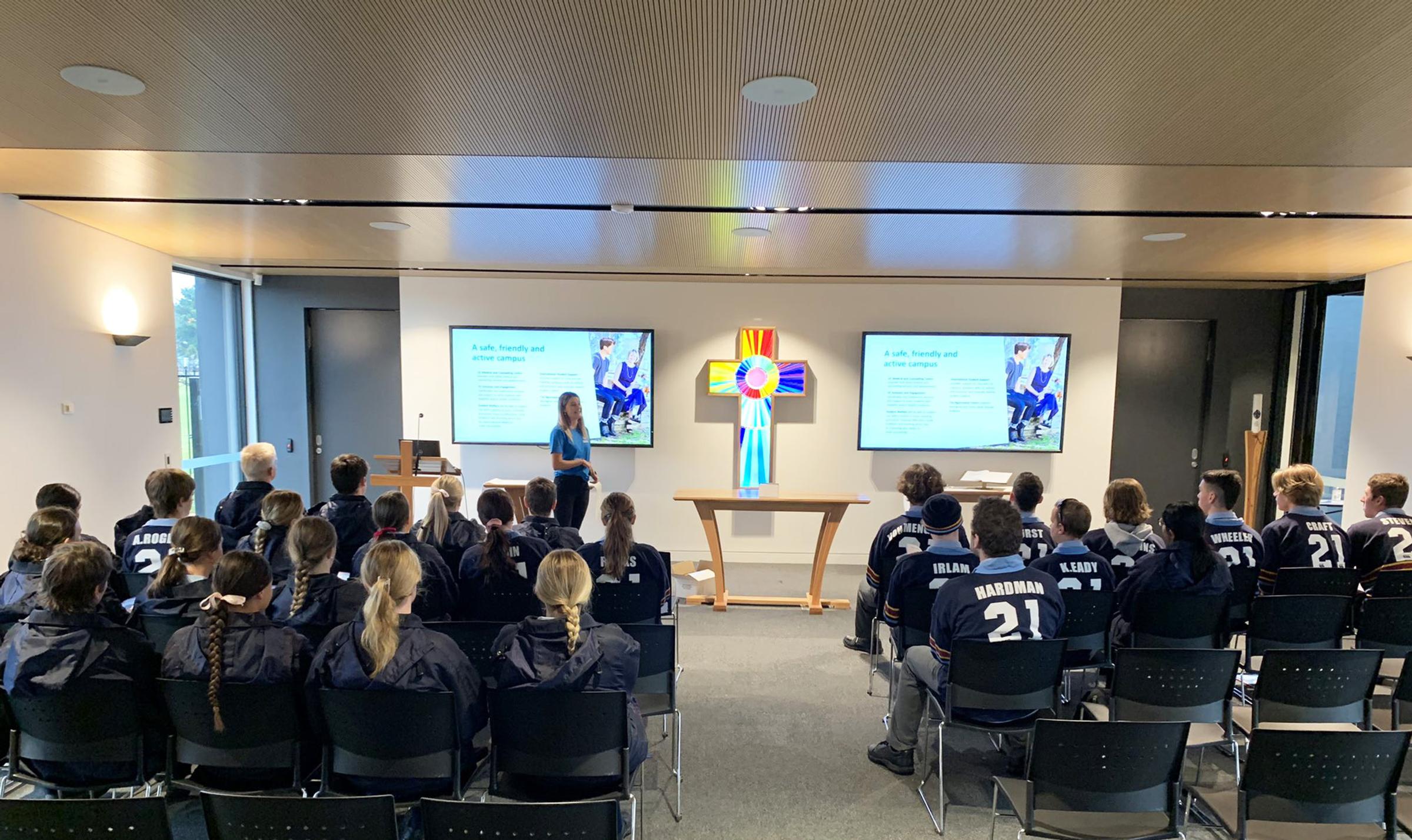Transition and Pathways

The following information has been shared with students and is provided here to encourage parental discussion and support.
4 Tips to Get Smart about Money
By the time you leave high school and often before, it’s important to learn how to manage your money and make decisions that make financial sense for your situation.
If you can budget, manage your money, make wise decisions about your spending and saving habits, then you’re well on your way to being financially literate.
Here are our 4 top tips:
1. Set up a bank account
Even if you don’t have much money coming in, it’s a great idea to have your own bank account and debit card so that you’re ready when you do start earning.
You’ll also have somewhere safe to put pocket money and monetary gifts that you might receive, instead of risking it dropping out of your pocket at school, going through the washing machine, or tempting you to buy something you don’t really need.
2. Find a job
Once you start earning your own money, you’ll appreciate it’s value much more.
It could encourage you to make better decisions about what you buy, when you know how long it took you to earn it.
3. Do a budgeting challenge
You may not have seen Teenage Boss, it’s a show where teens in a household are allowed to take over the family budget for a month.Perhaps you could do something similar at home?
Speak to your parents and work out:
Your household monthly income
Household monthly outgoings (that’s all the bills from food and electricity, to rates and school shoes)
Decide on a target figure that you’d like to save
Work on how you can implement changes to reach your target
You could write meal plans and cook in bulk, find free activities to do in your spare time, or recycle all your cans and bottles for extra cash.
4. Start saving
You could just start saving today; it’s simple. Figure out how much money you already have, or how much you get every week and commit to setting aside a percentage of that.
Make sure your money isn’t too easy to get to, otherwise you could be more tempted to dip into it. When you set up your bank account, talk to the bank about a savings plan as well. They can give you lots of ideas about the best way to save for you, including where your savings will get the most interest.
The money you put away could help you buy a car, go towards uni, or pay for your gap year.
More money tips
You can find heaps more useful resources and tips on money here.
Mr Richard O'Connell | Transition and Pathways Specialist


